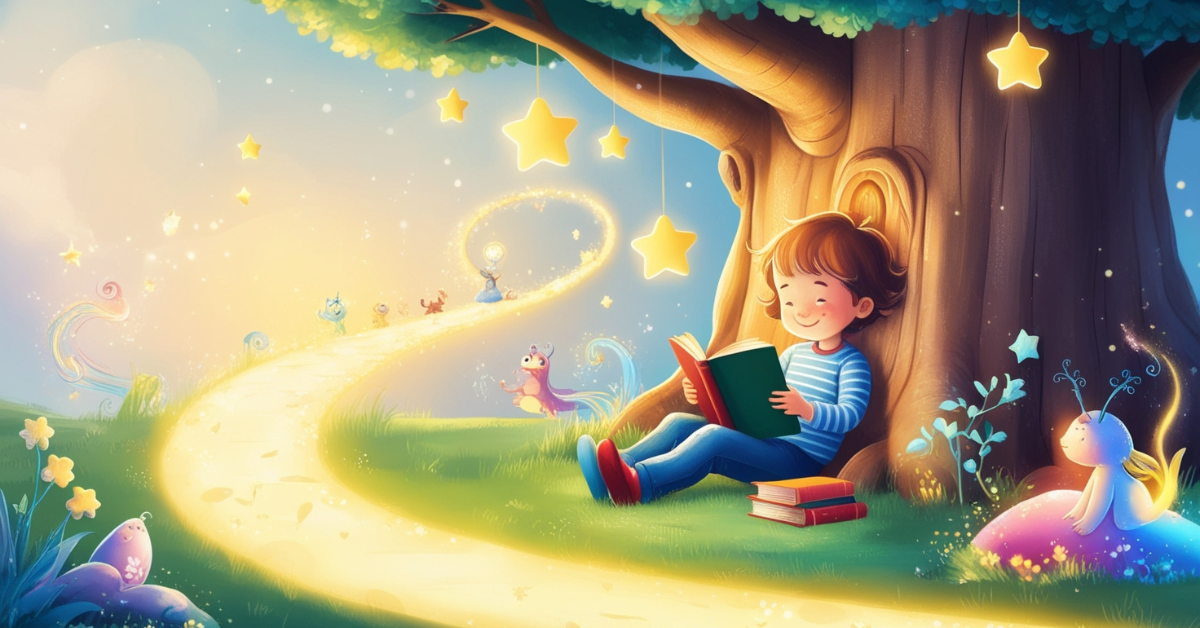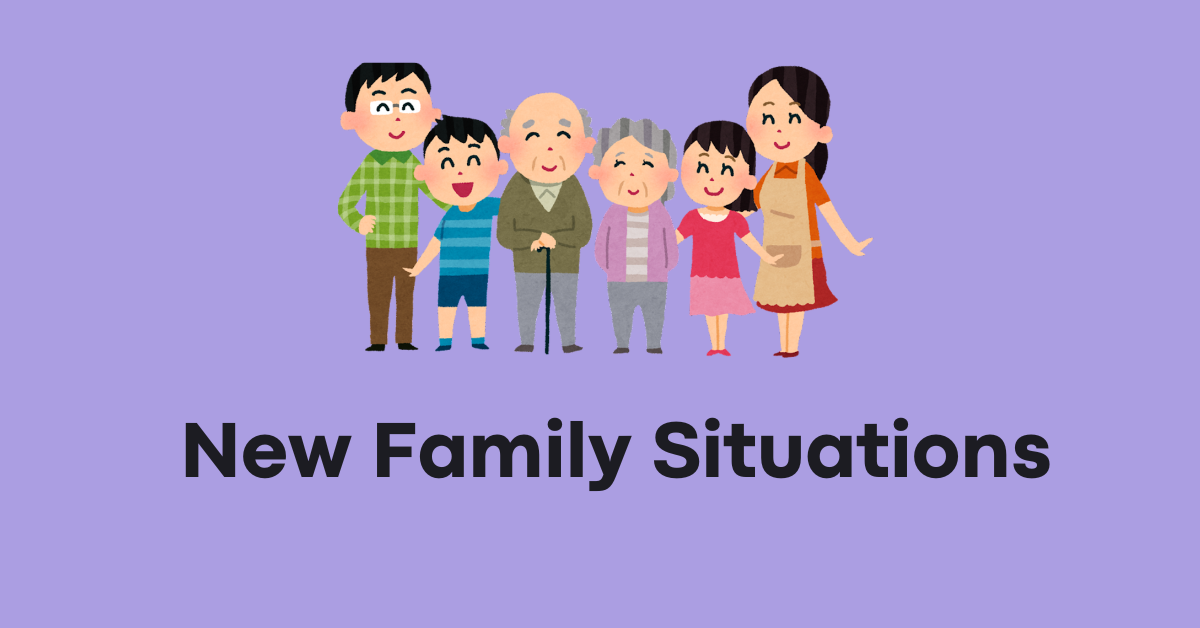
Have you ever caught yourself reminiscing about the things you used to think about as a child? Maybe it was dreams of becoming an astronaut, wondering what lies beyond the stars, or perhaps you spent hours imagining your perfect future. Childhood thoughts shape the way we grow, make decisions, and interact with the world as adults. In this article, we will explore how the things we obsessed over as children influence our adult lives.
The Power of Childhood Imagination
Childhood is a magical time filled with endless curiosity and boundless imagination. Every child sees the world through a unique lens, where even the simplest things can become extraordinary. Whether it’s turning a cardboard box into a spaceship or pretending to be a superhero, children’s imaginations allow them to explore possibilities beyond reality. This ability to dream, create, and visualize plays a vital role in shaping their personalities and future choices.
Imagination fuels problem-solving skills and creativity. A child who loved solving mysteries might grow up to have strong analytical skills, making them an excellent detectives, scientists, or strategists. Their ability to think critically and see beyond the obvious can be traced back to the countless hours spent uncovering clues in their childhood adventures. On the other hand, a child who frequently imagined thrilling adventures—like exploring jungles or discovering hidden treasures—may develop a deep desire for travel and exploration as an adult. Their adventurous spirit can lead them to careers in travel, filmmaking, journalism, or even extreme sports.
Beyond careers, imagination also helps children build emotional resilience. It allows them to process their emotions, cope with challenges, and even develop empathy by stepping into different roles and perspectives. Through imaginative play, they learn to navigate the world, experimenting with different outcomes before encountering them in real life.
Unfortunately, as people grow older, societal expectations often suppress imagination. However, embracing and nurturing that inner child can lead to innovation, creativity, and a more fulfilling life. Whether it’s through storytelling, problem-solving, or artistic expression, childhood imagination leaves a lasting mark, shaping the way individuals perceive the world and make choices throughout their lives.
Common Childhood Thoughts and Their Impact
Fear of the Unknown
Many children experience fear of the dark, monsters under the bed, or unfamiliar situations. These fears can later manifest as anxiety in adulthood, making it essential to develop coping mechanisms early. Learning to face fears as a child helps build resilience for future challenges.
Dreams and Aspirations
Did you ever dream of becoming a doctor, an artist, or a superhero? Our childhood aspirations often provide clues to our true passions. Even if you didn’t follow your exact childhood dream, the skills and interests you developed during that time often influence your career choices.
Social Acceptance and Friendships
As kids, we often worry about fitting in and being liked by others. These early social experiences help shape our ability to form relationships and build confidence. If you spent a lot of time thinking about friendships, you might have grown into someone who values strong social connections.
The Meaning of Success
Some children grow up believing success is about wealth, while others think it’s about happiness. These early thoughts influence how we define achievement as adults. If you were focused on grades and rewards, you may now be goal-oriented. If you value creativity, you might prioritize self-expression in your work.
The Influence of Family and Environment
Parenting and Its Role
The way our parents guided us plays a significant role in shaping our thoughts. Encouraging parents helps build confidence, while overly strict or neglectful parenting can lead to self-doubt.
School Experiences and Learning
Positive school experiences help develop a love for learning, while negative ones can lead to insecurity. If you loved reading as a child, you might still be an avid reader today. If school felt stressful, you might struggle with perfectionism.
How Childhood Thoughts Shape Emotional Intelligence
Emotional intelligence—the ability to understand, manage, and express emotions—begins to develop in childhood. The way a child processes their thoughts and feelings during their early years plays a crucial role in shaping how they handle relationships, stress, and personal challenges as adults. Many of the emotional strengths (or struggles) that people experience later in life can be traced back to their childhood thoughts and experiences.
Developing Emotional Resilience
Handling emotions effectively is a skill that starts in childhood. Some children naturally think deeply about fairness, justice, and the emotions of others. These early reflections can help them develop a strong sense of empathy, making them more compassionate individuals in adulthood. A child who frequently considers the feelings of their friends or family members may grow into an adult who easily understands and connects with people on an emotional level.
Similarly, children who learn to handle disappointment, rejection, or frustration in healthy ways often grow up to be more resilient adults. Those who were encouraged to express their feelings and work through challenges constructively tend to have better emotional control and adaptability when facing difficulties in life.
Coping Mechanisms and Mental Health
On the other hand, children who frequently worried—whether about school, friendships, or family issues—may carry these anxious tendencies into adulthood. Left unchecked, these childhood worries can manifest as anxiety disorders, chronic stress, or self-doubt. However, recognizing these patterns is the first step to breaking the cycle.
Practices like therapy, mindfulness, and self-reflection can help adults reshape negative thought patterns developed in childhood. By addressing unresolved emotions and building healthier coping strategies, individuals can improve their emotional intelligence, leading to stronger relationships, better stress management, and overall mental well-being.
Our childhood thoughts are more than just memories—they shape our perspectives, behaviors, and even our career paths. By reflecting on what we used to think about, we can better understand ourselves and make conscious efforts to grow.






